Food Waste
At Iceland we hate the idea of wasting food, whether that's in our supply chain, our stores, or in customers' homes.
For 50 years we have been the UK’s leading frozen food specialist, championing great quality frozen food as a way to help people save money, maintain a tasty and balanced diet, and reduce food waste.

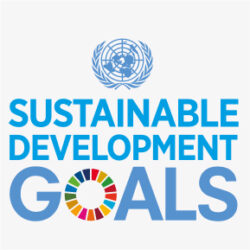
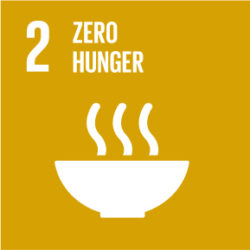

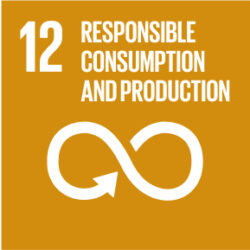
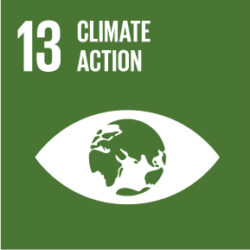
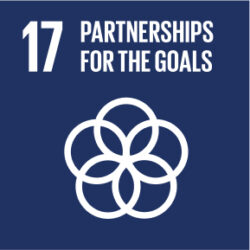
Food Waste Highlights
reduction in food waste since 2017/18
meals redistributed within the community in 2023/24
we aim to reduce our Iceland food and drink waste by 50%
Working to reduce food waste
In 2024/25, we sold 1,203,947 tonnes of food to customers. We sent 5,762 tonnes of food waste for anaerobic digestion. This equates to 0.48% of the total weight of products sold by Iceland. This is a 38% reduction against our baseline of 2017/18.
We are proud signatories to the Courtauld Commitment 2030, which has brought together organisations across the food industry to reduce the environmental impact of food and drink, with the shared target of reducing the UK’s food and drink waste by 50% by 2030. Iceland is also a signatory to the WRAP/IGD Food Waste Roadmap, and we signed the Government’s ‘Step Up To The Plate’ pledge in May 2019.
In line with the UN’s Sustainable Development Goal SDG 12.3, we have set ourselves a target to achieve a 50% reduction of food waste in our own operations by 2030, with 2017/18 as our baseline year.
We do not send any unsold food to landfill. Instead we put it to good use in the community; offer it free of charge to charities, our store colleagues and online customers, convert it into animal feed, or as a last resort use it to produce electricity and compost through a process called anaerobic digestion.
In stores, our focus on frozen food helps to cut waste throughout the supply chain.
We are also constantly looking for new ways to prevent the creation of food waste, find out what we have been doing to tackle this here.
Hello Taste, Goodbye Waste
Hello Taste, Goodbye Waste is our scheme which allows store colleagues to take home, free of charge, surplus food (food reaching its best before or use by date) at store closing time each day. 483 tonnes of surplus food, equivalent to 1,149,999 meals, was redirected through this scheme between April 2024 and March 2025.
Recipes
We also work with our chefs in the Iceland kitchen to develop recipes which help people utilise their food waste and reduce the amount going in the rubbish. Visit our Affoodable site for inspiration or look at the work we’ve been doing with WRAP for their BeMighty campaign here.
Community support
In 2024/25 we redistributed 6.6 million meals through existing and new community partnerships.

Key initiatives include our partnership with social enterprise Community Shop, part of the Company Shop Group, that is putting surplus food from our depots to good use in the community. Community Shop operates in some of the most deprived areas of the UK and brings together great value surplus food and personal development to build stronger individuals and more confident communities.
We also partner with the charity The Bread and Butter Thing (TBBT) to redistribute surplus food from our online pick centre in Hyde, Greater Manchester, and with The Shrub Hub Coop to redistribute surplus food from our Portobello Road dark store in Edinburgh. In 2023/24 we donated 73.1 tonnes of surplus food to TBBT, which is the equivalent of 174,048 meals.
The power of frozen
Frozen food is naturally less wasteful than fresh food because it has a much longer shelf life. This minimises waste in our stores and supply chain, and in our customers’ homes. Consumers also cut waste because they can use just as much as they need for each meal and put the rest of the pack back in the freezer for another occasion. Because frozen vegetables are usually peeled, chopped or diced ready for use, we use ‘wonky veg’ and avoid much of the waste caused by the quest for perfect-looking vegetables in fresh displays.

In 2018, a study commissioned by Iceland from experts at Manchester Metropolitan University revealed that British families reduce their waste by nearly half (47.5%) by eating frozen food. The study found that cooking from frozen food was significantly better value and there was considerably less waste, with many families agreeing that their frozen meals were as good as, or better than, fresh. When it came to cost, the study revealed that 18 out of 20 families found frozen to be better value than fresh (on average 29.9% better value).




